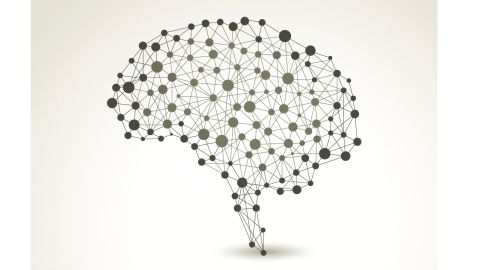Three Reasons to Reverse-Engineer the Brain

Ray Kurzweil is the author of the recent book How to Create a Mind. The first question we have for him is “why create a mind?”
There are three purposes of reverse-engineering the brain. One is to do a better job of fixing it and because that’s a business opportunity. Being able to master the information processes underlying biology, which includes the brain but actually includes the body also, is enormous opportunity.
We’re going to transform this multi-trillion dollar health and medicine industry with these techniques. Perhaps even more important, we’re going to have an eye that really works well. Consider that Watson was actually able to read Wikipedia and understand it well enough to play a game of Jeopardy!, which is a complex, subtle, ambiguous game of language and got a higher score than the best players put together.
And its knowledge was not programmed fact-by-fact in lists per some computer languages. It just read Wikipedia and other encyclopedias, 200 million pages of natural language documents and didn’t do a perfect job of understanding it and didn’t do a perfect job of answering the questions but was better than the best humans put together from having read natural language documents. That’s very impressive.
That’s coming to a search engine near you. The major search engines like Google are not just going to be using keywords with synonyms, they’re going to actually read in order to understand the concepts because if you think about searching there’s a lot of information now that’s ignored, which is the meaning of all these documents, which is why they were created.
So you can have a computer even do a job that’s very mediocre compared to human, but then you can apply the scale of computation. I mean, Watson – if it read one page, it’s not as good as you are, but it didn’t read one page – it read 200 million pages. You and I can’t begin to do that. Watson’s out reading all medical literature, every medical journal article, every medical book, major medical blogs and will be an expert diagnostician and medical consultant that has read everything. No human can do that.
So that’s where we’re headed. Our search engines will actually also know us very well. They will – we will let them listen in on conversations: verbal, written. They’ll watch everything we’re reading and writing and saying and hearing, and then they’ll be like an assistant. It’ll say, “Oh, you know, you were talking about how you can get the supplement into the cells yesterday in that conversation with Joe. You know, there’s research that came out 13 minutes ago that speaks to that.” Or, “You were wondering who the actor was in that movie with the robot that can speak six million languages and here she is and here’s background about her.”
Since that helps you through the day, we’ll answer your questions before you ask them or even before you realize you have a question, and you’ll just get used to this information popping up that you wanted and you’ll be frustrated if you’re thinking about something and it doesn’t immediately pop up with you even having to ask for it.





